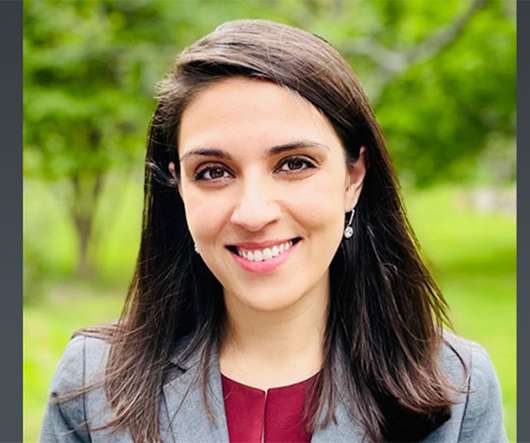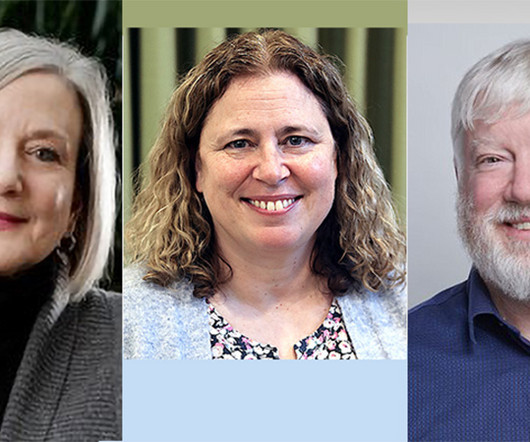Updates in ID and Nephrology: Lona Mody, Rasheeda Hall, Devika Nair, Sonali Advani
GeriPal
OCTOBER 13, 2022
As you know, our population is aging at a rapid speed and older, adult older persons is no longer cared for only by a geriatrician or a primary care physician. And number two, maybe we should allow gentle occasional use of NSAIDs for chronic pain management if it means keeping somebody off of opioids.












Let's personalize your content